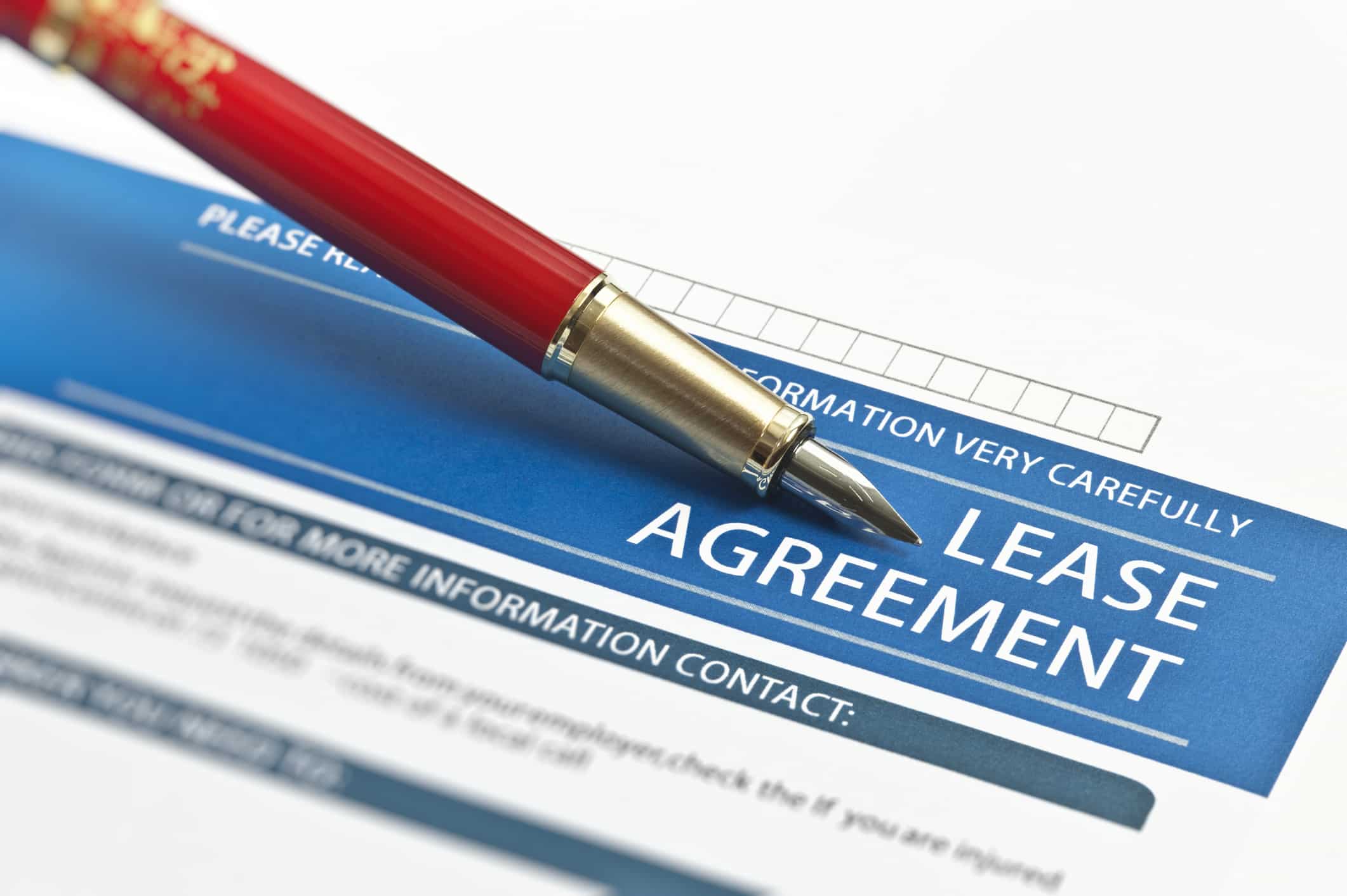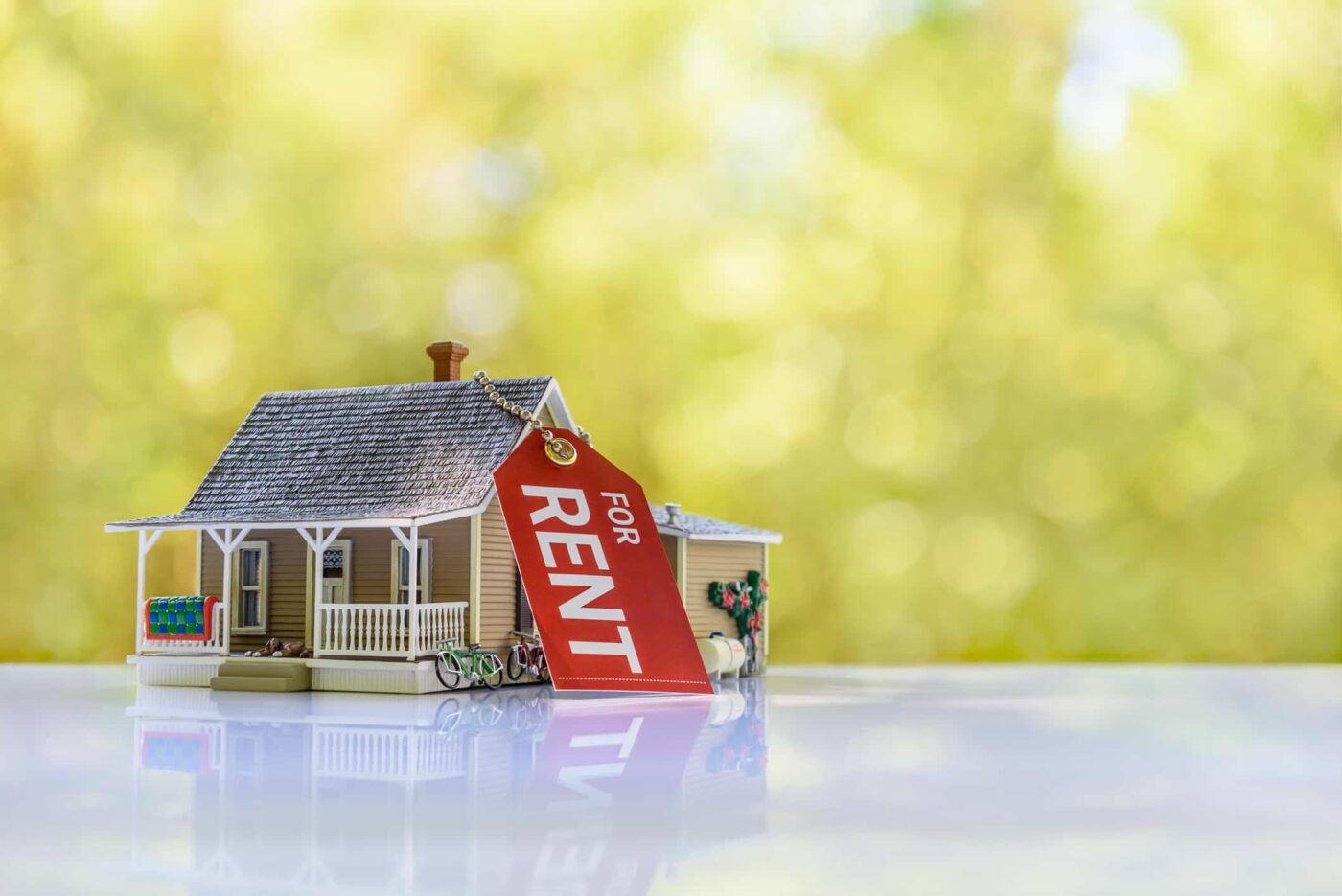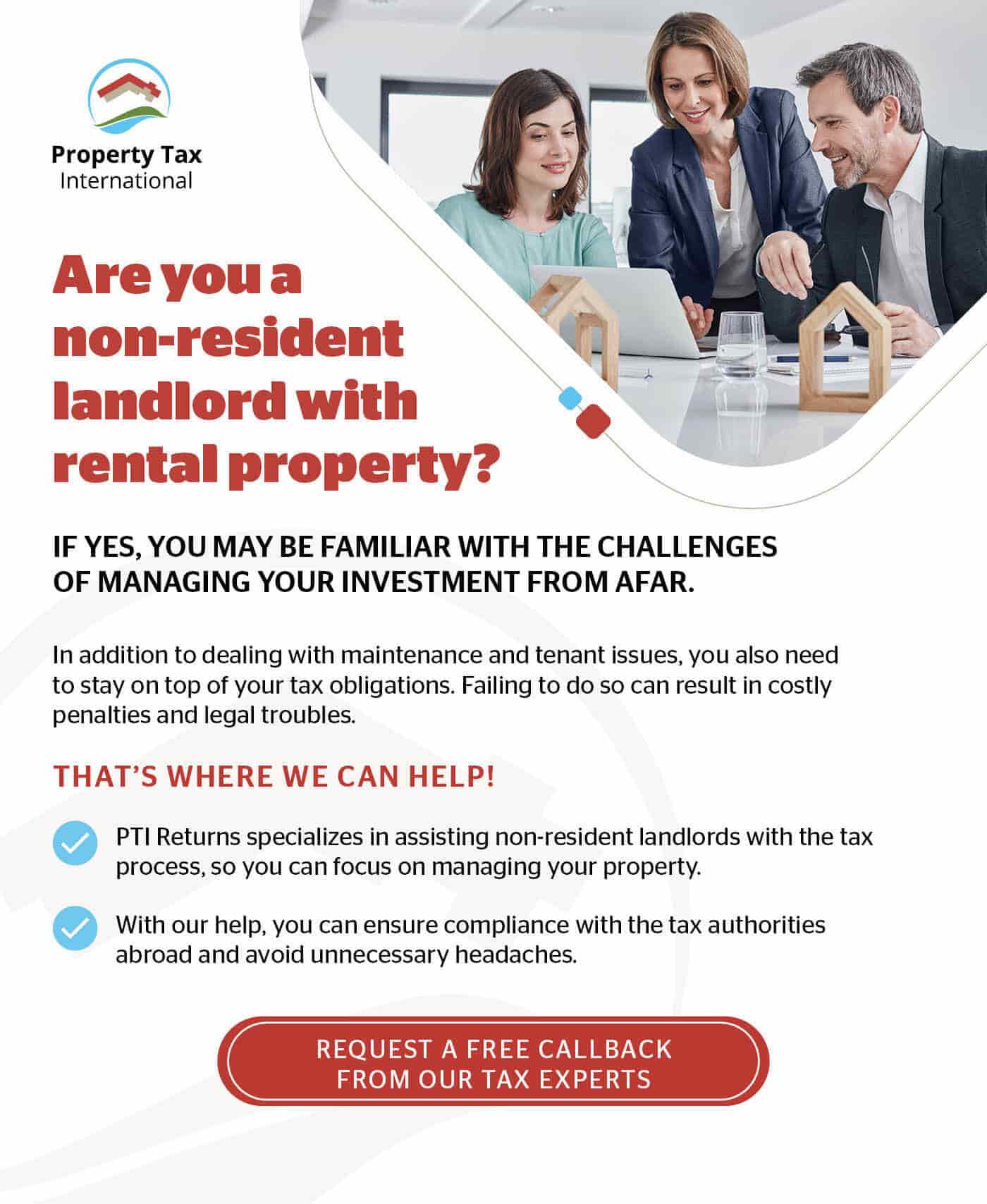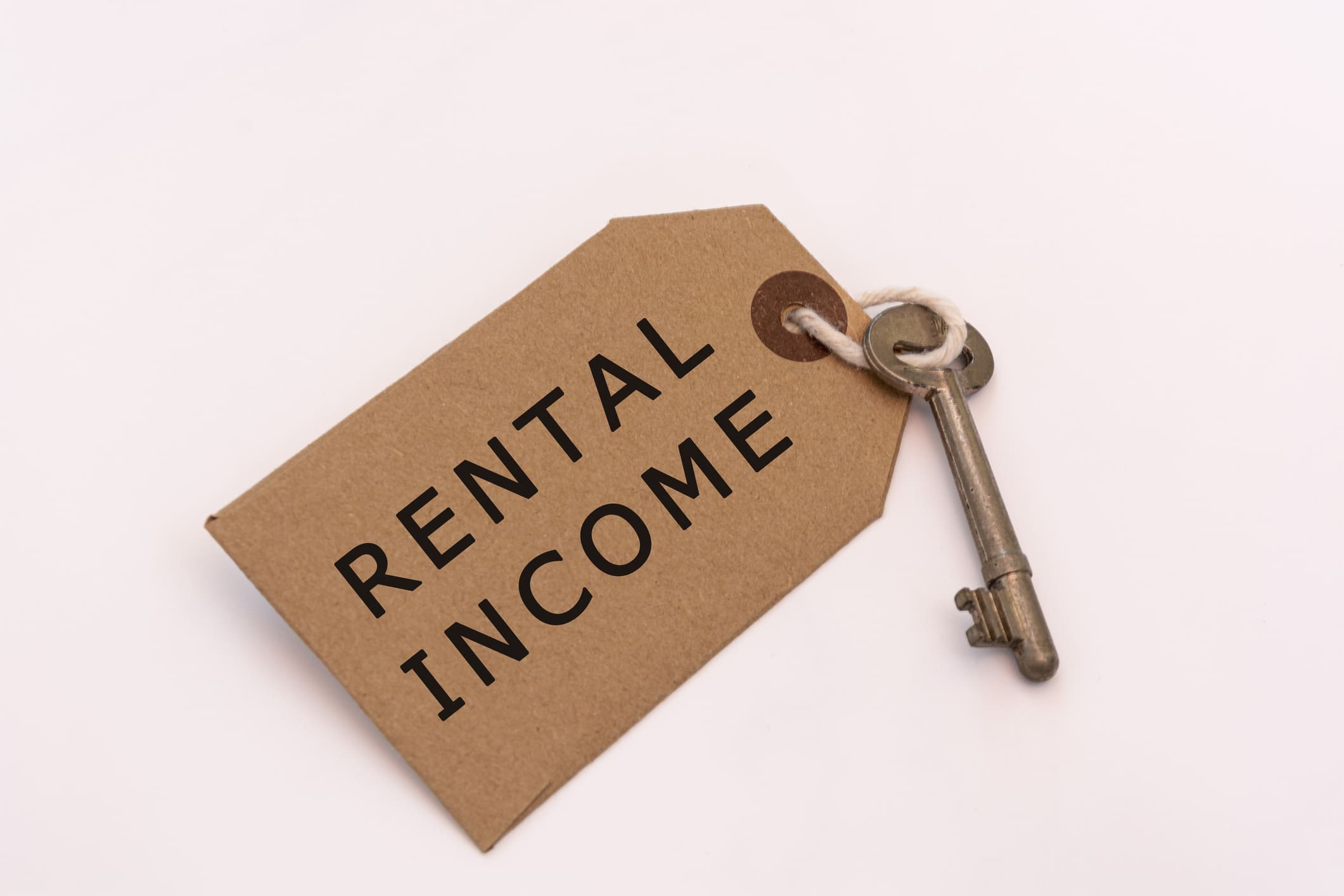Last Updated on January 10, 2025
Are you feeling anxious about the prospect of renting out a property for the first time in the UK?
True, being a landlord in the UK can bring complications, as many logistical, legal, and financial matters need to be addressed before your property can be listed on the market.
If you’re a property owner with a spare room, a budding entrepreneur looking to invest (even if you are a foreign one), or you simply stumbled upon this article by chance, we’re thrilled to welcome you here!
Whether you’re looking to maximize your profits or simply looking for a way to make the most of your investment, we’ve got you covered.
In this guide, we’ll show you how to become a successful landlord in the UK by sharing valuable insights, practical tips, and helpful advice.
Here, you will find everything you need to know about renting out a property for the first time in the UK.
- What rules must landlords follow when renting a house in the UK?
- What are the legal responsibilities of landlords in the UK?
- What documents should landlords give to tenants in the UK?
- Do landlords need insurance in the UK?
- Can foreigners rent out property in the UK?
- What are UK rental income tax rates for foreigners in 2024
- What expenses can I claim on my UK self-assessed tax return?
- Is it profitable to rent out a house in the UK?
- How can you calculate the profit from a rental property in the UK?
- How can I advertise my rental property in the UK?
First things first.
What rules must landlords follow when renting a house in the UK?
If you’re a landlord looking to rent out a property in the UK, there are several rules and regulations you’ll need to follow. Here are some key ones to keep in mind:
- Safety checks: As a landlord, you have a legal obligation to ensure that your property meets certain safety standards. This includes carrying out annual gas safety checks, ensuring that electrical appliances are safe, and installing smoke and carbon monoxide detectors.
- Tenancy agreement: You should provide your tenant with a tenancy agreement that sets out the terms and conditions of the tenancy. This should include details such as the rent, deposit amount, length of tenancy, and any other relevant information.
- Deposit protection: You are required by law to protect your tenant’s deposit in a government-approved tenancy deposit scheme. You must provide your tenant with information about the scheme you’ve used within 30 days of receiving the deposit.
- Repairs and maintenance: As a landlord, you are responsible for ensuring that the property is maintained in a safe and habitable condition. You should respond promptly to any repair requests from your tenant and carry out any necessary repairs as quickly as possible.
- Rent increases: You can only increase the rent during the tenancy if this is specified in the tenancy agreement. You should also give your tenant adequate notice of any proposed rent increase.
- Ending the tenancy: If you want to end the tenancy, you must give your tenant adequate notice in writing. The notice period will depend on the type of tenancy agreement you have in place.
- Right to rent: Before renting out your property, you must check that your tenant has the right to rent in the UK. This means checking their immigration status and verifying their identity.
It’s always a good idea to seek legal advice if you’re unsure about your obligations as a landlord in the UK.
Here is our landlord checklist for renting out a property for the first time in the UK.
So…
What are the legal responsibilities of landlords in the UK?
If you are renting out a property for the first time in the UK, there are a few things you should know.
As a landlord, you must:
- Check your tenant has the right to rent your property if it’s in England
- Give your tenant a copy of the How to Rent checklist when they start renting from you (you can email it to them)
- Protect your tenant’s deposit in a government-approved scheme
Below we will list the safety requirements.
Note that there may be different rules for landlords in Scotland and landlords in Northern Ireland.
Right to rent
As per the Immigration Act, landlords of private rental properties in England are obligated to conduct Right to Rent checks before entering into new tenancy agreements, to verify the legal right of individuals aged 18 and above to reside in the UK.
Failure to abide by this rule could result in severe consequences, such as unlimited fines and imprisonment of up to 5 years.
However, there are certain categories of tenants that are exempted from these checks, which may vary depending on the type of accommodation.
Information for your tenant
When leasing a property, it is the landlord’s responsibility to ensure that the tenant is provided with important information. This includes the full name and address of the landlord or contact details for their letting agent.
Additionally, the tenant should receive a copy of the “How to Rent guide” published by the government, which offers practical tips for both before and during a tenancy.
UK landlords must protect the deposit of their tenant
As a landlord, you must protect the tenancy deposit in a UK government-approved scheme if you rent out a property on an assured shorthold tenancy (AST). It is mandatory to register all deposits for assured shorthold tenancy with a deposit scheme approved by the government.
At the end of the tenancy, the deposit should be returned in full, unless there is a disagreement over rent arrears or damage to the property.
Landlords in England and Wales have three options for tenancy deposit protection: Deposit Protection Service, My Deposits, and Tenancy Deposit Scheme.
Failure to use a TDP and provide required information to tenants can result in fines up to three times the value of the deposit, and make it harder to end the tenancy.
Scotland and Northern Ireland have different schemes.
Who is responsible for the rental property repairs in the UK?
In the UK, the responsibility for rental property repairs is typically divided between the landlord and the tenant.
Landlords responsibilities
- The structure and exterior of the property
- Sanitary fittings such as basins, sinks, baths, toilets, and pipes and drains
- Heating and hot water systems
- Gas appliances, pipes, flues, and ventilation
- Electrical wiring
- Any damage caused by attempts to carry out repairs
- Other serious damages to the property
In addition, landlords are responsible for repairing common areas like staircases in flats. You can refer to the tenancy agreement if you are unsure about your responsibilities as a landlord.
Read more:
Rental Income Tax in the UK– Ultimate Guide for paying tax on rental income

UK landlord renting out a property for the first time in UK
Tenant’s responsibilities
Tenants should only proceed with repairs that are authorized to do.
The landlord has the responsibility to complete repairs that fall under their jurisdiction.
In cases where the tenant causes damage, such as through an overflowing bath, they will be held responsible for the costs of the repairs.
The same applies to any damages caused by the tenant’s family and friends.
Landlord’s right to access the property in the UK
Every tenant is entitled to the peaceful enjoyment of their rented accommodation, which implies that they have the right to reside in the property without any interference from the landlord, letting agent, or any other individual.
If you’re a landlord, you’ll likely need to enter the rental property occasionally to conduct maintenance or inspections. However, it’s essential to respect your tenant’s privacy and avoid unnecessary disruptions.
It’s important to provide reasonable notice and schedule a convenient time for both parties, as specified in the tenancy agreement.
Give a notice 24 hours in advance
According to the Housing Act 1988, it is mandatory to give a written notice at least 24 hours before any visit to a rental property.
Moreover, the law requires that visits occur at “reasonable” times that allow tenants to be present or make arrangements for someone else to be there.
Written notice can be sent via letter or email, but not via SMS text. It is also recommended to send an email in addition to a letter.
It is important to note that even routine inspections require written notice, regardless of whether they are specified in the tenancy agreement.
Exceptions include contract clauses requiring the landlord to provide a room-cleaning service or, in the event of an emergency, immediate access to the property to carry out repairs.
What happens if the tenant denies access?
Sometimes, a tenant may refuse to allow access to the property. In such cases, landlords can try to reschedule the visit in a more convenient time.
If the tenant does not respond to written notice, landlords can try to reach out to them using alternate methods such as phone calls.
However, if a tenant still refuses to allow access, landlords should provide them with additional information on the purpose of the visit, such as a gas safety check.
This written notice should inform tenants that the gas check or repair work is for their safety and possibly the safety of others.
It should also mention that the tenant can be held liable for the cost of missed appointments, injury or damage resulting from property faults that the landlord was not able to fix, and property damage due to the landlord’s inability to repair a fault.
Additionally, not allowing access could put the tenant’s tenancy at risk.
Health and safety requirements for renting out property in the UK
If you are renting out your UK property for the first time, you should know the safety requirements. Landlords must ensure tenants are safe as follows:
- a smoke alarm must be installed on each floor of the property (smoke and carbon monoxide detectors)
- to reduce the risk of fire, all furniture must meet safety standards and display the appropriate labels
- keep your rented property safe and free from health hazards
- provide an Energy Performance Certificate for the property
- carbon monoxide detectors must be placed in rooms with a solid fuel burning appliance such as a coal fire or wood burning stove
- ensure that all gas equipment and electrical equipment are safely installed and maintained
- landlords must acquire a gas safety certificate, carried out by a qualified Gas Safe Engineer, to ensure all gas appliances, pipes, and flues are in safe working order
- any electrical devices must be safe for use, and we recommend an Installation Survey or Portable Appliance Testing (PAT), so you can be sure you are compliant
- the water supply must be working properly
We will outline details for some safety requirements below.
Health and safety inspections
Your council uses the Housing Health and Safety Rating System (HHSRS) to ensure that properties within its jurisdiction are safe for occupants.
This involves a thorough inspection of your property for potential hazards, such as uneven stairs.
If you’re a property owner who rents out your property, the council may conduct an HHSRS inspection if your tenants have requested it or if the council has surveyed local properties and determined that your property may pose a hazard.
HHSRS operating guidance
The HHSRS looks at the risks in a house and puts them into two groups based on how dangerous they are: serious (category 1) or less serious (category 2). Each risk gets a score, and the council uses bands from A to J to compare them easily.
The list of potential hazards in a living space includes:
- Dampness and mold
- Excessive cold or heat
- Pollutants, like asbestos and manufactured mineral fibers
- Infestation of rodents and pests
- Carbon monoxide poisoning
- Lead contamination
- Lack of adequate space and overcrowding
- Risk of accidents, such as falling on stairs or electrical hazards
- Risk of infection due to poor hygiene and water supply
You can find the full list later on the UK Government website.
To ensure safety, the council inspects all rooms in a property, including shared spaces, and identifies any deficiencies or disrepair that could lead to hazards. If a significant hazard is found, the council may take the following actions:
- Issue an improvement notice requiring the hazard to be fixed. The responsibility of paying for the repairs falls on the owner.
- Prohibit the use of some or all of the property by anyone until the hazard is resolved.
After the repairs are completed, the council will conduct another inspection to confirm that the hazard has been adequately addressed.
What safety certificates do landlords in the UK need?
As a landlord, you need to acquire the following safety certificates:
- How to rent: the checklist for renting in England (see requirements in Northern Ireland, Scotland and Wales)
- Gas safety certificate
- Electrical safety certificate
- Energy Performance Certificate (EPC)
- Proof of deposit protection
- Fire safety
- Legionella risk assessment

Lease agreement in the UK. Renting out a property for the first time in the UK
Gas safety certificate
This certificate serves as a record of gas safety for all gas appliances that exist on the property.
Electrical safety certificate
Landlords need to prioritize the safety of their tenants, especially when it comes to faulty wiring.
Shockingly, half of all accidental house fires in the UK are caused by faulty wiring, leading to over 65 deaths every year. As such, landlords have a legal duty to ensure that their properties’ electrical installations are safe.
The government has taken action to improve safety in the private rented sector by implementing the Electrical Safety Standards in the Private Rented Sector (England) Regulations 2020, which require landlords to have their electrical installations inspected and tested by a qualified professional every five years.
This brings privately rented properties in line with Houses of Multiple Occupations (HMOs).
The Electrical Installation Condition Report (EICR) inspection covers all fixed electrical components of the property, including fuse boxes, light fittings, plug sockets, wiring, and permanent fixtures like air conditioning units and extractor fans.
A qualified electrician must conduct the inspection and provide the report to both new and existing tenants within 28 days. Any remedial work must be completed within 28 days or less.
While certification for electrical appliances is not legally required, landlords must ensure that all appliances they provide, such as fridges, kettles, and washing machines, are in safe working order.
One way to do this is by having an electrician perform Portable Appliance Testing (PAT) at each change of tenancy.
The cost of an EICR inspection can vary depending on the size and age of the property, with older properties requiring longer testing times.
On average, a flat may cost between £100-£230, while a house may cost between £150-£300+. PAT testing costs are usually between £30 and £80, depending on the number of appliances being checked.
Energy performance certificate
Obtaining an Energy Performance Certificate (EPC) for your rental property is a legal requirement and is one of the most enforced certificates in the rental market.
It reviews and grades your property’s energy performance, with a pass grade of ‘E’. If your property fails to meet this standard, it is deemed legally unrentable. Failure to obtain an EPC before your property is tenanted can result in a fine of up to £5000.
It’s essential to note that from 1st April, Minimum Energy Efficiency Standards (MEES) will be extended to cover all leases.
As a landlord, you must provide a copy of the EPC to prospective tenants either before the tenancy agreement is signed or at the viewing.
EPCs are valid for ten years, but you can apply for a new one if you make energy-saving improvements to your property during this period.
The government has recently updated the building regulations, and you can learn more about how they will affect your EPC on the government website.
The cost of obtaining an EPC starts at around £50, and you can find an accredited energy assessor in England, Wales, Northern Ireland, or Scotland.
To rent out a property in the UK, this certificate is mandatory unless there is a registered exemption. The property must be rated D or above by the MEES regulations in England or Wales (as of April 2023).
EICR
A current Electrical Installation Condition Report (EICR) is necessary for all rental properties and must be inspected every five years.
Legionella risk assessment
Legionnaire’s disease is a type of pneumonia that can lead to death, caused by the legionella bacteria, commonly found in air conditioning, heating systems, and water pipes.
As a landlord, if a tenant contracts the disease from the water system in your property, you may be prosecuted under the Health and Safety at Work Act.
To prevent this, landlords are required to conduct a risk assessment according to the Control of Substances Hazardous to Health Regulations (2002), with guidance from the Health and Safety Executive.
Though the risk is generally low in residential settings, it’s important to take appropriate measures to control it.
Tenants should be informed of any maintenance measures needed, such as regular cleaning of showerheads, and should report any issues with the system to the landlord.
Landlords can typically assess the risk themselves but must be able to provide evidence of their risk assessment and control measures for the safety of all occupants.
What are the rental income tax and the financial responsibilities?
If you rent out a property, you need to make sure you’re paying tax on rental income and National Insurance.
To do this, report your rental income on a self-assessed tax return, considering allowable expenses.
If renting out your property is like running a business, you might also owe Class 2 National Insurance.
If you occasionally rent out your place, like on short-term rental apps, check if you have to report this income to HM Revenue and Customs (HMRC).
Keep in mind that it might be necessary to obtain permission from your mortgage lender if you have a mortgage on the property you wish to rent out.
Staying on top of these details ensures you handle your paying tax on rental income and National Insurance correctly.
Who can help me file my annual landlord tax return in the UK?
PTI Returns’ tax experts will help you file your UK tax return online if you earn income from a rental property and this will save you time and stress.
Our team will determine what’s the most profitable way of reporting this income, ensuring that you meet your tax requirements and avoid fines.
Contact PTI Returns today for a free, no-obligation consultation with our tax experts. Let us help you take care of the paperwork while you take care of your property.
Request a free callback now and discover how easy it can be to manage your investments in the UK with PTI Returns.
Paying tax on rental income is not necessary if your annual income is up to £1000. If your annual rental is above £2500, you will have to file a self-assessment tax return on rental income.
And if your UK annual income is over £2500, you can speak with our tax experts for advice. This is a no-obligation consultation.
You only have to pay Class 2 National Insurance in the UK if:
- your profit is £6725 annually or more
- if renting out UK property is your main job
- you rent out more than one property in the UK
- you buy properties to rent out (buy to let)
What documents should landlords give to tenants in the UK?
It’s crucial to provide incoming tenants with copies of all legally required documents. As part of tenancy administration, you will need to handle the following documents:
- The tenancy agreement and any related contracts (such as a Deed of Guarantee)
- Compliance documentation
- Deposit registration, including distribution of the prescribed information
- The government-issued ‘How to Rent’ guide mentioned above
- Energy Performance Certificate
- An inventory of the property
- Smoke alarm checklist
- Standing Order
- A Schedule 2 Ground 2 Mortgage Notice – A Schedule 2 Ground 2 Mortgage Notice is a letter from a bank or mortgage company to a tenant, telling them that their landlord has not paid their mortgage, and as a result, the bank may take back the property.
The notice gives the tenant at least two months to find somewhere else to live.
After taking care of the above, make sure to receive the first month’s rent and deposit in full before granting access to the property.
Do landlords need insurance in the UK?
Although there is no legal obligation for landlords to furnish their tenants with a copy of their landlord insurance, it is recommended that they inform them about the necessary coverage.
Most tenants should obtain home insurance to safeguard their possessions in case of fire, flood, theft, or damage, as well as to consider accidental damage insurance to safeguard their deposit.
Can foreigners rent out property in the UK?
Yes, foreigners can rent property in the UK. There are no restrictions on non-UK citizens renting property, as long as they have the right to be in the country.
If you live outside of the UK and rent out property there, you need to register with HMRC as a non-resident landlord. If you don’t, your tenants or letting agent may have to take 20% of your rental income for taxes.
If you and your spouse own the property together, both of you must register separately.
Some people think they don’t have to pay UK income tax on rental income if they’re already paying taxes in their home country. Unfortunately, this isn’t true.
UK law says the UK has the first right to tax income from UK property, even if it’s also taxed in another country. So don’t forget to register and avoid any issues!
Say goodbye to tax filing headaches for your UK property! Book a no-obligation consultation with our UK property tax experts who have 25+ years of experience.
We’ll file your annual income tax return, apply double taxation agreements, deduct applicable expenses, and ensure you never miss a UK tax deadline again. Contact us now!
What are UK rental income tax rates for foreigners in 2024?
Non-resident individuals who own property will pay tax on rental income ranging from 20% to 45%.
For example, if you earn between £12,571 and £50,270, you’ll pay the Basic Rate of Income Tax (20%).
If you earn between £50,271 and £150,000, you’ll pay a Higher Rate of Income Tax (40%).
If you earn more than £150,000, you’ll pay the Additional Rate of Income Tax (45%). These rates apply for the 2022-23 tax year.
Getting professional advice on structuring your rental income can potentially lower your tax rate.
What expenses can I claim on my UK self-assessed tax return?
As a landlord in the UK, you are eligible to claim certain expenses on your rental income tax return.
These expenses can help reduce your taxable rental income and therefore, lower your tax bill. Here are some of the main expenses you can claim:
- Mortgage interest: You can claim the interest on any mortgage payments you make on the rental property.
- Repairs and maintenance: This includes expenses for fixing any damage to the property, such as repairing a leaky roof or replacing a broken window.
- Insurance: You can claim the cost of any insurance policies you take out to cover your rental property, such as landlord insurance.
- Legal and professional fees: You can claim the cost of any legal or professional fees incurred for managing your rental property, such as solicitor or accountant fees.
- Letting agent fees: If you use a letting agent to manage your property, you can claim their fees as an expense.
- Council tax and utilities: You can claim the cost of any council tax and utility bills you pay for the property.
- Advertising: If you advertise your rental property, you can claim the cost of the advertising as an expense.
It is important to keep accurate records of all your rental income and expenses to ensure that you claim everything you are entitled to and to avoid any potential issues with HM Revenue & Customs (HMRC).
Additionally, it is recommended to consult with a tax professional or accountant to ensure that you are maximizing your tax savings and complying with all tax laws and regulations.
Is it profitable to rent out a house in the UK?
Renting out a house in the UK can be profitable, but it depends on various factors such as the location of the property, the condition of the property, and the demand for rental properties in the area.
Additionally, expenses such as mortgage payments, maintenance costs, and insurance can affect the profitability of renting out a property.
It is important to do proper research and analysis before deciding to rent out a property to ensure that it is a profitable and viable option.
The minimum profit you should expect from a UK rental property is 5-8% per month, although this figure can vary based on different factors.
How can you calculate the profit from a rental property in the UK?
Calculating the profit from a rental property in the UK involves several steps. First, you need to determine the purchase price of the property.
Then, research the rental rates in your area to see how much you can charge for your property.
It’s essential to compare the prices of similar properties in your area to get an accurate estimate.
You should also assess whether there is a demand for this type of property in your area as it can affect how much you can charge for rent.
Finally, you need to calculate all the expenses related to owning and managing the property, including mortgage payments, service charges, property taxes, maintenance costs, and property management fees.
Subtracting these expenses from your rental income will give you an estimate of your potential profit.
How can I advertise my rental property in the UK?
To attract tenants, you need to advertise your property effectively. This may include listing your property on popular rental websites, such as Zoopla and Rightmove, and putting up “To Let” signs outside the property.
Make sure to include clear and detailed descriptions of the property and high-quality photos to showcase its best features.
Who are we?
Are you renting out a property for the first time in the UK? Are you a landlord who is struggling to navigate the complex world of tax obligations?
Look no further than PTI Returns.
Our team of experienced tax experts specializes in filing annual self-assessed tax returns in the UX, so you can manage your property without worrying about the stress and confusion of taxes.
As a part of CluneTech, with over 25 years of experience in international tax, we ensure that you remain compliant with the UK tax authorities.
Why choose PTI Returns over local accountants? Here are five reasons:
- We offer a more affordable service than your local accountant
- Our online one-stop-shop makes filing tax documents in multiple jurisdictions a breeze
- Our expertise in international property tax allows us to determine residency status and apply for tax relief
- Our global presence and local knowledge allow us to maximize your investment profit potential
Let us take care of the paperwork while you take care of your property.
Contact PTI Returns today for a free, no-obligation consultation with our tax experts.



